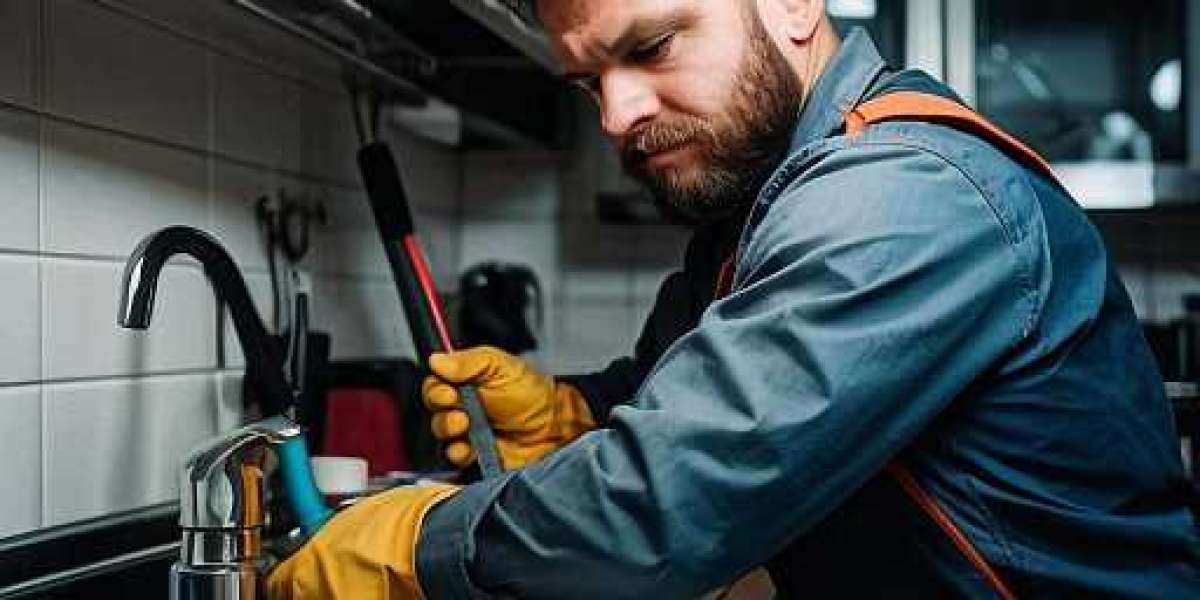Importance of Endoscopy in Medical Diagnostics
Endoscopy is an invaluable tool in modern medical diagnostics, allowing healthcare professionals to gain a clear and detailed view of the internal structures of the body. This minimally invasive procedure has become an essential component in the detection and management of a wide range of medical conditions, particularly those affecting the gastrointestinal (GI) tract.
One of the primary benefits of endoscopy is its ability to provide real-time, high-resolution images of the internal organs and tissues. This visual information allows doctors to identify and diagnose various GI issues, such as ulcers, inflammation, bleeding, and even cancerous growths, with a high degree of accuracy. Early detection of these conditions is crucial, as it enables timely and appropriate treatment, ultimately improving patient outcomes.
Moreover, endoscopy is not limited to just diagnostic purposes; it can also be utilized for therapeutic interventions. During an endoscopic procedure, doctors can perform biopsies, remove polyps, or even treat certain conditions, such as bleeding ulcers or strictures, without the need for more invasive surgical techniques. This versatility makes endoscopy a valuable tool in the comprehensive management of various GI disorders.
Types of Endoscopy Procedures
In Singapore, patients can undergo a range of endoscopic procedures, each tailored to examine specific parts of the body. Some of the most common types of endoscopy include:
Esophagogastroduodenoscopy (EGD) or Gastroscopy: Also known as an upper endoscopy, this procedure is used to examine the upper GI tract, including the esophagus, stomach, and the first part of the small intestine (duodenum). EGD is commonly used to diagnose and treat conditions such as acid reflux, ulcers, and swallowing difficulties.
Colonoscopy: This procedure involves the examination of the large intestine, or colon, using a long, flexible endoscope. Colonoscopies are primarily used to screen for and detect colorectal cancer, as well as to diagnose and manage conditions like inflammatory bowel disease, diverticulosis, and bleeding. Check here for our Cost for Colonoscopy.
Endoscopic Retrograde Cholangiopancreatography (ERCP): ERCP is a specialized endoscopic procedure that combines endoscopy and x-ray imaging to diagnose and treat problems in the bile and pancreatic ducts. This procedure is often used to identify and remove gallstones, as well as to treat conditions affecting the pancreas and bile ducts.
Endoscopic Ultrasound (EUS): EUS uses a specialized endoscope equipped with an ultrasound device to capture detailed images of the digestive tract and surrounding structures. This procedure is particularly useful for evaluating and diagnosing conditions such as pancreatic cancer, bile duct stones, and submucosal tumors.
Capsule Endoscopy: In this procedure, the patient swallows a small, pill-sized camera that travels through the GI tract, taking thousands of images that are transmitted to a recording device worn by the patient. Capsule endoscopy is often used to examine the small intestine, which is difficult to access with traditional endoscopic techniques.
These are just a few examples of the various endoscopic procedures available in Singapore. The specific type of endoscopy recommended will depend on the patient's medical condition and the area of the body that needs to be examined or treated.
Read more : endoscopy singapore








